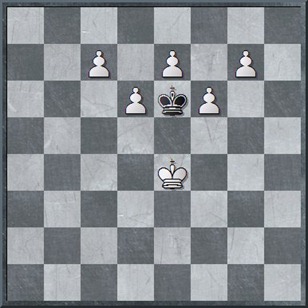"I guess we'll get through with them in a day." --General George Custer, Little Big Horn, 1876.
Chess players, in my humble (but expert!) opinion, tend to put too much faith in expert opinion.
Experts, after all, can be wrong. Consider these. The Chairman of IBM in 1943: "I think there is a world market for about five computers." Or the President of Digital Equipment in 1977: "There is no reason for any individual to have a computer in their home." (Bad English as well as bad opinion).
Grandmasters, too, who after all are super-experts, are not immune from error. Recently I was browsing my dog-eared copy of Grandmaster Ludek Pachman's Modern Chess Strategy (1963), and came across this:
"...the automaton examines all possible variations and selects the best move by rejection. This method can be employed for solving problems in which the number of possible moves is relatively small; for example, an electronic automaton in the Soviet Union (see Chess in the U.S.S.R., page 177) was able to solve the problem in the diagram:
1. e8B! Kxf6 (1. ...Kxd6 2. c8R) 2. g8R Ke6 3.Rg6#
"But the machine took twelve minutes, whereas I was able to do it in one minute. ...It is quite clear that this method cannot be used for playing a game. If the machine had to calculate for only seven moves in advance in a position with thirty alternatives, it would need 10,000 years to select the right move!"
That's incredible! But don't try this on your home computer.
(Originally published in BDG World 65, Oct-Dec 1994)

